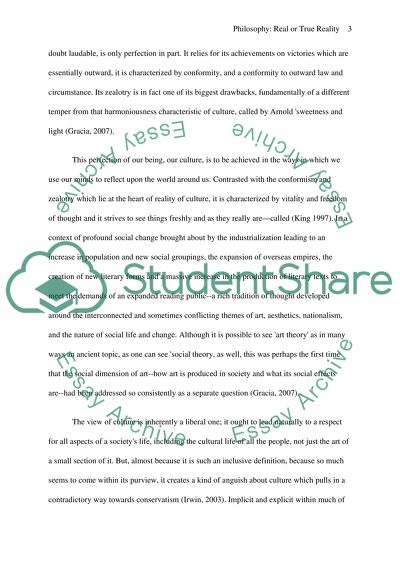Cite this document
(“Philosophy: real or true reality Essay Example | Topics and Well Written Essays - 1500 words”, n.d.)
Philosophy: real or true reality Essay Example | Topics and Well Written Essays - 1500 words. Retrieved from https://studentshare.org/miscellaneous/1553436-philosophy-real-or-true-reality
Philosophy: real or true reality Essay Example | Topics and Well Written Essays - 1500 words. Retrieved from https://studentshare.org/miscellaneous/1553436-philosophy-real-or-true-reality
(Philosophy: Real or True Reality Essay Example | Topics and Well Written Essays - 1500 Words)
Philosophy: Real or True Reality Essay Example | Topics and Well Written Essays - 1500 Words. https://studentshare.org/miscellaneous/1553436-philosophy-real-or-true-reality.
Philosophy: Real or True Reality Essay Example | Topics and Well Written Essays - 1500 Words. https://studentshare.org/miscellaneous/1553436-philosophy-real-or-true-reality.
“Philosophy: Real or True Reality Essay Example | Topics and Well Written Essays - 1500 Words”, n.d. https://studentshare.org/miscellaneous/1553436-philosophy-real-or-true-reality.


